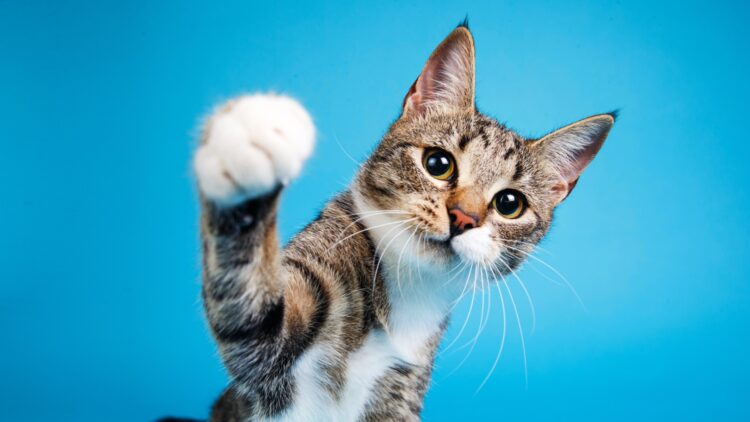There have always been many stereotypes about animals: dogs are docile, loyal, and helpful, while cats are aloof, solitary, and independent. However, millions of owners around the world feel a deep connection with their domestic felines that changes their lives. This silent and rarely publicized connection is now backed by science.
Although you probably already suspected it, a new study suggests that cats are great catalysts for our mental health and social development. The bond with these animals strengthens essential skills in young people.
The end of the canine monopoly
For decades, research into the benefits of having a pet in the household for humans focused almost exclusively on dogs. Owning a Golden Retriever seemed almost stereotypical of the successful middle class. On the other hand, having a cat suggested that you were a slightly odd old spinster. Dogs were everywhere, and they were the undisputed stars of animal-assisted therapy and all studies on emotional bonds with domestic pets.
However, a study recently published in the journal Humanities and Social Sciences Communications has just changed the rules. In a survey of more than 300 participants, they asked validated psychological questionnaires. The results were overwhelming: young people who reported greater attachment to their cats also scored significantly higher on two variables: empathy and emotional regulation. These two variables were directly related to a greater perception of human social support in the participants’ daily lives.
How your cat trains your mind
Researchers have identified this psychological mechanism as a “chain of mediation.” The process begins with attachment to the cat, which becomes a source of security and tenderness. Even if you’ve had a bad day at work or school, you know that when you get home, someone will be there to ask for cuddles, purrs, and affection. Attachment enhances emotional regulation, the ability to manage and modulate reactions to stress and difficulties. If we come home angry, it is much easier to try to calm down when we know that there is a pet that needs us and does not deserve to put up with our bad mood.
From there, we move on to the development of empathy, as the mind is calmer and better able to interpret the feelings of others: since we are responsible for a little animal, we actively look for signs to make sure it is okay. We make sure it has food, water, isn’t behaving strangely… we end up becoming experts in feline body language.
All these skills ultimately translate into a better perception of human social support. Although it starts as a relationship with an animal, it helps strengthen the owner’s interpersonal relationships with other humans. Your cat ends up acting as an emotional catalyst that doesn’t even speak your language, but looks at you, meows at you, and asks for cuddles.
Caring for a cat means having a care routine that requires patience, mindfulness, and stable affection. Having to follow a routine for your cat—always feeding them the same thing at the same times, leaving water bowls in the same places, etc.—means that you also adopt a routine, even if your life was more chaotic before. This ends up functioning as a foundation of security that allows young adults to constantly practice managing their own emotions.
We don’t realize it, but our cats make us more sensitive and attentive to the emotional signals of our friends, coworkers, partners, and family.
The advantages of having a cat nowadays
Modern Western society is being ravaged by a pandemic of loneliness. With the creation of many remote universities and schools, today’s young people have a much more isolated life than previous generations had at their age. This is why traditional support systems are much more fragmented, especially in large cities. Given this scenario in which young people feel so alone, cats end up being an unexpected ally in maintaining mental health.
Although this feline support does not completely replace human support, it enhances it and makes us feel emotionally connected to our pet and the rest of our acquaintances. What do you think? Do you also have a special connection with your kitten?

